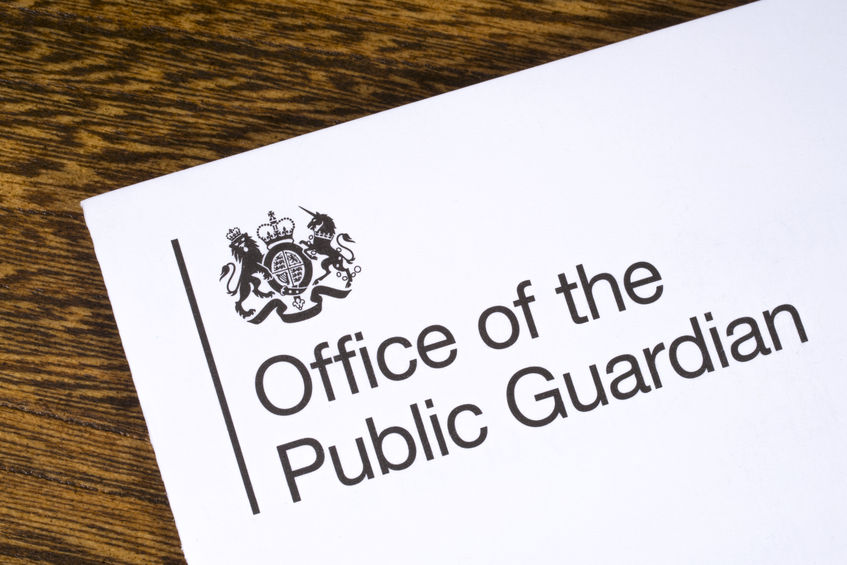Lasting powers of attorney and deputyship orders
Most people have heard of Lasting Powers of Attorney (LPAs), the document by which you can appoint someone else to make decisions on your behalf about your affairs should you become unable to make such decisions for yourself. However, many people feel that they should leave the signing of an LPA until one is needed. This is a bit like saying “I will leave making my Will until I am on my death bed” – in other words, you run the risk of leaving the matter until it is too late.
The Donor (the person making an LPA) needs to have the necessary mental capacity when the document is signed. If you begin to lose this capacity – due to the gradual onset of dementia, for example – there may well still be time to sign an LPA but there are many other circumstances in which the loss of capacity can be sudden. In these circumstances, you may well be too late with regard to appointing an Attorney or Attorneys of your own choosing to help with your affairs (and also to discussing your future wishes with them) and no-one will have the authority to deal with matters such as paying utility and care bills or selling a property.
In this situation, rather than you appointing your own Attorneys, it would be up to someone else to apply to the Court of Protection, requesting authority to deal with your affairs by way of a Deputyship Order. Provided the applicant can demonstrate that there is a need for a Deputy (ie that you no longer have the mental capacity to make your own decisions) and show that they are suitable to act in that capacity, the Court is likely to appoint them. But the applicant may not necessarily be someone whom you would have chosen for yourself.
They could actually be a complete stranger. In cases where no-one else is prepared to apply for Deputyship and the Local Authority is seeking payment of care fees, local Adult Services may well apply to the Court for a Deputyship Order.
In addition to your financial affairs, there is also personal welfare to consider. You can sign a separate LPA appointing an Attorney or Attorneys to make decisions regarding your health and personal welfare. This includes such decisions as where you live and the type of personal and medical care you receive. It used to be felt that if you had close family this type was perhaps not needed, however, a recent shift in attitude has led to professionals requesting sight of one before they will talk to anyone, even close family.
If you have no Health and Welfare LPA, it is possible for someone else to apply to the Court of Protection for a Deputyship relating to your personal welfare. However, these are not often granted. What could then happen is it would be left to social services or medical professionals (again, people who do not know you) to make any necessary decisions which might not be what you, or your family on your behalf, would want.
In summary, if you wish to have control over who would be responsible for your personal welfare or financial affairs in the event that you become unable to make decisions for yourself, arrange to make Lasting Powers of Attorney sooner rather than later.

Catherine Palmer
Catherine is a specialist lawyer working in our Wills, Trusts and Probate Department.
Catherine began her legal career as a secretary with a large regional firm of solicitors before undertaking her legal training through distance learning.
She became a Graduate of the Chartered Institute of Legal Executives in 1999 before moving on to work, mostly as a locum, in firms all over East Anglia.
She joined Bates Wells & Braithwaite in 2016 and specialises in Wills, Powers of Attorney, Estate Administration, Court of Protection work and elderly client advice.
In her spare time, Catherine enjoys classical singing, gardening and walking with her dog.

